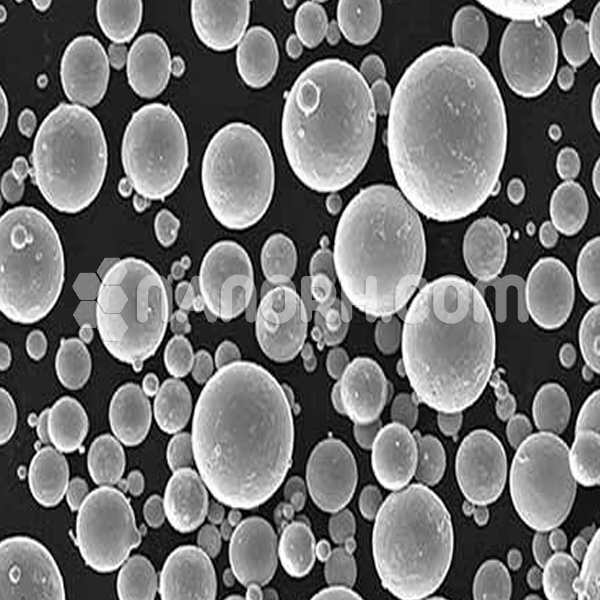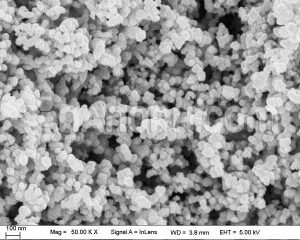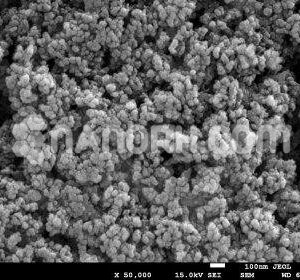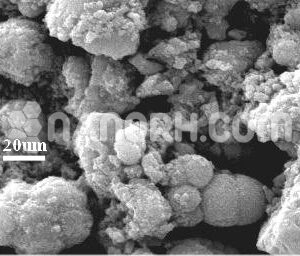| Copper Iron Alloy Spherical Powder | |
| Product No | NRE-9070 |
| CAS | NA |
| Purity | 99.9% |
| Formula | Cu-Fe |
| APS | <40um (can be customized) |
| Color | NA |
| Molecular Weight | 119.391 g/mol |
| Density | 8.9 g/cm3 |
| Melting Point | NA |
| Boiling Point | NA |
Copper Iron Alloy Spherical Powder
Applications:
Additive Manufacturing (3D Printing)
Powder-Based 3D Printing: Cu-Fe alloy spherical powder is used in 3D printing technologies like Selective Laser Melting (SLM) and Electron Beam Melting (EBM). The fine, spherical shape of the powder particles enhances their flowability, enabling high-quality, precise prints. These printed parts are used in industries such as automotive, electronics, and aerospace, where high strength, conductivity, and durability are required.
Electrical and Electronic Components
Magnetic Devices: The magnetic properties of Cu-Fe alloys make them suitable for use in electromagnetic components, including transformers, motors, generators, and inductors. These materials help improve the efficiency of electrical devices by optimizing magnetic performance.
Electrical Connectors: Cu-Fe alloys are also used in electrical connectors and contacts, where both good conductivity and strength are required. The added iron improves the mechanical strength of the connectors, making them more durable under electrical load.
Powder Metallurgy
Cu-Fe alloy spherical powder is used in powder metallurgy to produce parts that require a combination of strength and conductivity. These components include parts for automotive and industrial machinery, such as bearings, gears, and hydraulic components, where the material’s toughness and wear resistance are critical.
The powder is also used for producing sintered parts, where the material is compacted and heated to create strong, dense components without melting the metal.
Magnetic Materials
Magnetic Powder Cores: The addition of iron to copper allows the production of magnetic powder cores, which are used in transformers, chokes, and filters in electrical and power applications. These magnetic cores help regulate electrical signals and manage power flow in circuits.
Permanent Magnets: Cu-Fe alloys can be used to make permanent magnets for a variety of applications, particularly in motors and generators where the magnetic properties are essential.




